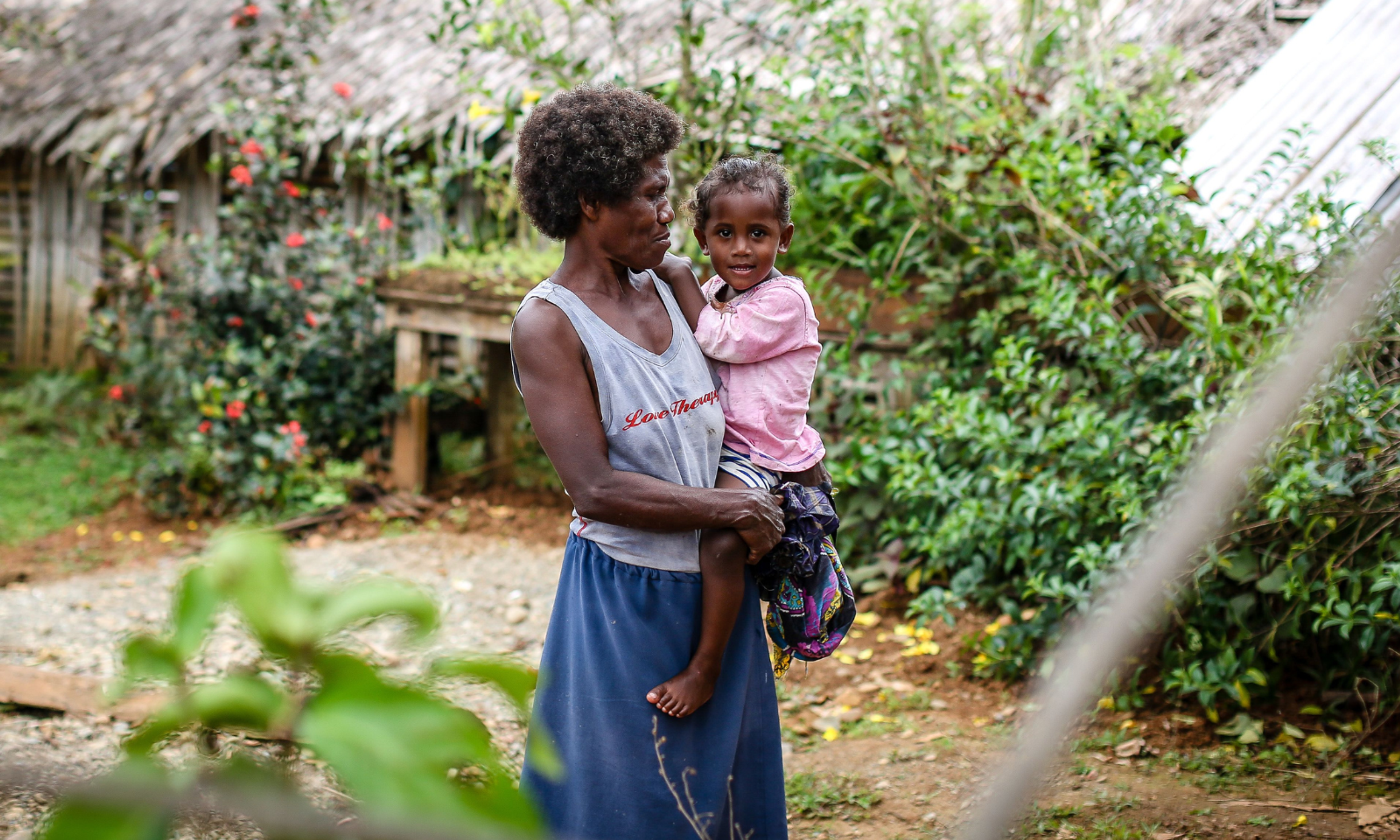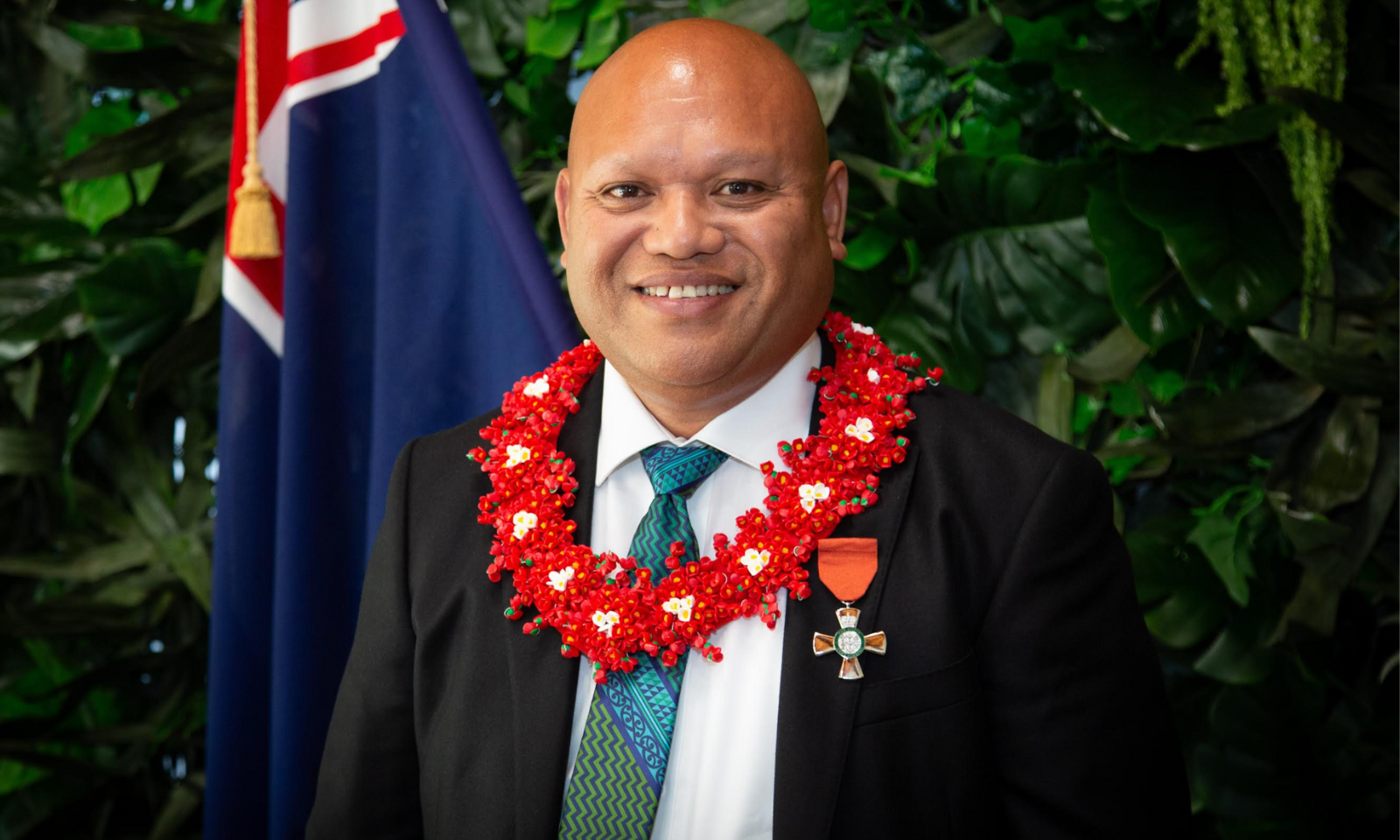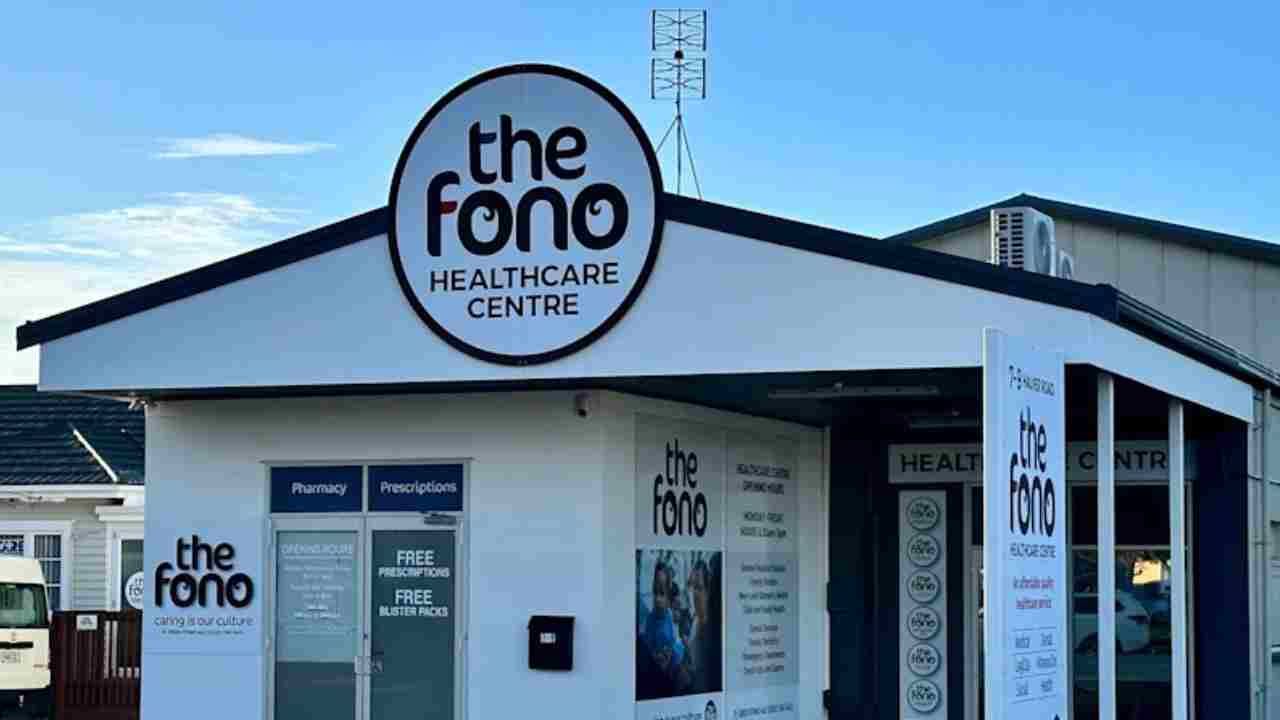

Photo/The Fono
Budget 2025 fails to meet Pacific healthcare needs, warns expert
Fiugalu Tevita Funaki, CEO of The Fono, says austerity measures risk leaving vulnerable communities without essential support.




$6b package set to transform Pacific communities in NZ

Former rugby star goes from tackles to tastings, bringing wine and rugby experience to NZ


Solomon Islands bylaw empowers chiefs to block child marriage


$6b package set to transform Pacific communities in NZ

Former rugby star goes from tackles to tastings, bringing wine and rugby experience to NZ
As winter illnesses approach and health systems feel the strain, Budget 2025 has highlighted the challenges facing Pacific communities, according to Fiugalu Tevita Funaki, CEO of The Fono.
He warns that the Budget does not adequately address the increasing gaps in primary care.
While Funaki is optimistic about some core goals of Budget 2025, he cautions that welfare and healthcare reforms will do minimal, or worse, harm Pacific people who are already struggling.
Funaki points to a growing funding deficit in the primary care system as a major concern.
“While there are some [investments], [and] some of our secondary care colleagues will welcome some of the increases into capital investments and things, there's no new money that has been announced around primary care.
“The baseline funding to alleviate some of the issues within primary care is actually not in there,” he says.
Funaki says he is closely watching the government’s reforms regarding benefit eligibility for 18- and 19-year-olds.
The reforms stipulate that 18- and 19-year-olds seeking jobseeker or emergency benefits will first be means-tested against their parents' incomes to determine whether their parents can support them.
Funaki says the reforms make several assumptions about parental relationships, and warns some young people will experience significant negative impacts from these changes.

Fiugalu Tevita Funaki, CEO of The Fono, says Budget 2025 falls short on primary healthcare spending.
The Cabinet will later confirm the criteria for this reform, including considerations for exceptional circumstances.
“I think there still needs to be work around the changes on the 18-19-year-old benefit. There's a parental risk assessment in there, [but] we've got no idea what that means, [and] also there's an assumption that the parents can continue to afford looking after their 18 and 19 year olds, [and] that 18 and 19 year olds have a really good relationship with their parents,” he says.
Funaki says the ripple effects of this change will be felt by Pacific people, who are among New Zealand’s youngest ethnic populations alongside Māori.
“We want to work through to ensure that our Pacific can access the support,” he says.

A Fono centre in South Auckland. Photo/The Fono
Funaki says the Fono and other providers will continue to advocate for Pacific-led and based initiatives that support the vulnerable populations in response to Budget 2025’s shortcomings.
“The devil is in the details, and we need to advocate to ensure that the alignment of that for Pacific [peoples] is happening,” he says.
As winter approaches, Funaki warns that Pacific communities will face significant challenges due to winter illnesses, which will further strain an already overburdened primary and secondary care system.
Listen to Fiugalu Tevita Funaki's full interview below.
Funaki has long maintained that investments in primary care alleviate pressure on secondary care. He adds that The Fono's relationships with Pacific clients at the primary care level support this view.
“This is why I flag the lack of investments into primary care, because this is where the preventative measures, the ongoing engagements with [Pacific] families, are happening at the primary care level.
“My view around health is that the investments to reduce the burden on secondary care, where the cost is huge, [are] investments around primary care and investments around preventive medicines in there,” he says.